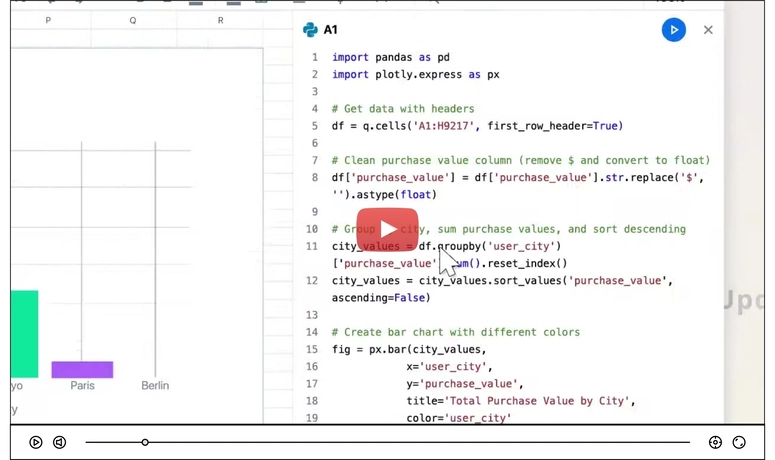What is Babel?
Babel is a compiler (more accurately, a transpiler) that converts modern JavaScript (ES6+) into an older syntax that browsers can understand. It ensures backward compatibility by transforming modern code features like arrow functions, classes, and template literals into equivalent ES5 syntax. Additionally, Babel can add polyfills for unsupported features.
Example: Arrow Functions Transformation
// Babel Input: ES6 Arrow function
[1, 2, 3].map(n => n + 1);
// Babel Output: ES5 Equivalent
[1, 2, 3].map(function(n) {
return n + 1;
});
// Before Babel
const square = n => n * n;
// After Babel
const square = function square(n) {
return n * n;
};
Babel as a Codemod
Babel can be used for codemods, where large-scale code transformations are automated. For instance, if you need to change all import statements across your project, you can write a Babel codemod to handle it efficiently.
Example Use Case: Automating import transformations across multiple files.
Watch this YouTube video for a practical example.
Running Babel
Babel provides a CLI that allows you to compile JavaScript files easily:
babel file-name.js
babel src -d foldername
Babel Plugins and Presets
Babel doesn’t perform transformations by default; it requires plugins and presets to know what to do.
Plugins: Define specific transformations (e.g., converting arrow functions to ES5 functions).
Presets: Collections of plugins (e.g., @babel/preset-env).
You can also create custom presets by grouping multiple plugins together.
Babel’s Role in Static Analysis
Babel is widely used for static analysis, meaning it analyzes code without executing it. This enables use cases like:
Linting (ensuring code follows best practices)
Minification (reducing file size)
Optimization (enhancing performance)
Code transformation (rewriting syntax for compatibility)
Babel’s Three Stages
Babel’s compilation process consists of three key stages:
- Parsing
The source code is broken down into tokens (lexical analysis) and then converted into an Abstract Syntax Tree (AST) (syntactical analysis).
Lexical Analysis (Tokenization)
Converting code into a structured list of tokens:
n * n;
[
{ type: { ... }, value: "n", start: 0, end: 1, loc: { ... } },
{ type: { ... }, value: "*", start: 2, end: 3, loc: { ... } },
{ type: { ... }, value: "n", start: 4, end: 5, loc: { ... } },
...
]
Syntactical Analysis
After tokenization, Babel constructs an Abstract Syntax Tree (AST), which represents the structure of the code.
- Transforming
This is the most important step in Babel's compilation process. Here, Babel traverses the AST, applying transformations based on installed plugins and presets.
The AST is modified as per the transformation rules.
New syntax replacements, optimizations, and other changes are applied.
- Code Generation
Finally, Babel converts the modified AST back into JavaScript code.
The AST is traversed depth-first to generate the final output.
The transformed code is written out as a JavaScript file.
Conclusion
Babel is a powerful tool that enables developers to write modern JavaScript while ensuring compatibility with older browsers. By leveraging plugins, presets, and codemods, Babel simplifies large-scale transformations and enhances the JavaScript development experience. Whether you're compiling ES6, optimizing performance, or modifying imports across files, Babel is an indispensable tool in the JavaScript ecosystem.




Top comments (0)